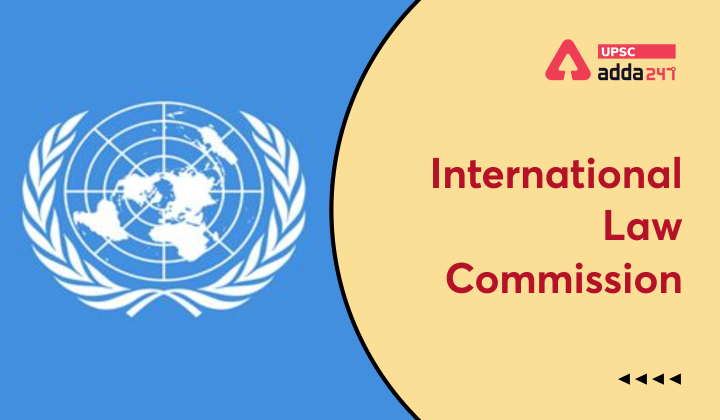Table of Contents
International Law Commission: Relevance
- GS 2: Important International institutions, agencies and fora – their structure, mandate.
International Law Commission: Context
- Recently, Professor Bimal Patel is elected as the current member of International Law Commission from India for a 5-year term.
International Law Commission: Key points
- He garnered 163 votes in the UN General Assembly out of 192 members present and voting, topping the Asia-Pacific group that included candidates from China, South Korea and Japan.
International Law Commission: About ILC
- The International Law Commission was established by the General Assembly, in 1947, to undertake the mandate of the Assembly.
- It was established to initiate studies and make recommendations for the purpose of encouraging the progressive development of international law and its codification.
- Due to the ongoing COVID-19 Pandemic, the General Assembly, on 12 August 2020, decided to postpone the seventy-second session of the ILC to 2021.
ILC history
- The Hague Peace Conferences of 1899 and 1907 reached agreement on several important conventions and thus greatly stimulated the movement in favour of codifying international la
- The Second Peace Conference of 1907proposed that some two years before the probable date of the Third Peace Conference, a preparatory committee should be established “with the tasks of collecting the various proposals to be submitted to the conference, of ascertaining what subjects are ripe for embodiment in an international regulation, and of preparing a programme which the Governments should decide upon in sufficient time to enable it to be carefully examined by the countries interested.
- Committee of Seventeen, which recommended the creation of the Commission, had suggested similarity between the International Court of Justice and the Commission with regard to the method of election.
- The General Assembly, however, rejected the suggestion for a system of election jointly by the General Assembly and by the Security Council since the Court was a special case which should not serve as a precedent for the appointment of the Commission and the work of codifying international law was entrusted to the General Assembly under Article 13 of the Charter of the United Nations.
- Instead, it decided that candidates should be nominated exclusively by the Governments of States Members of the United Nations and that the election should be by the General Assembly alone (article 3).
- Each Member State may nominate a maximum of four candidates, of whom only two may be nationals of the nominating State
Also Read:




 TSPSC Group 1 Question Paper 2024, Downl...
TSPSC Group 1 Question Paper 2024, Downl...
 TSPSC Group 1 Answer key 2024 Out, Downl...
TSPSC Group 1 Answer key 2024 Out, Downl...
 UPSC Prelims 2024 Question Paper, Downlo...
UPSC Prelims 2024 Question Paper, Downlo...





